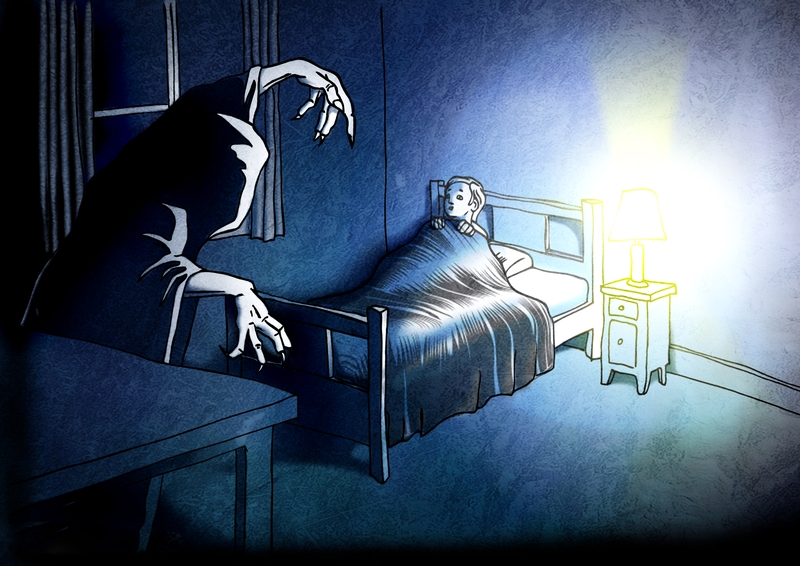On weekends, you can find me aboard our sailboat, aptly named, "Time
Out". Last week, I had two mediation hearings which could not settle on
the day of the hearing. Rather than declare an impasse, however, I
simply called a "Time Out". In the first case, there was some yet-to-be
discovered documentation which Plaintiff's lawyer believed would
support his contention that the basis for the termination was pretextual
and the true basis was disability discrimination. In the second, the
Defendant Company had been sold and there was limited settlement
authority from the old Company, given that they had already sold the
case--both costs of defense and damages to a wealthier new Company, who
would assume all future risk by mid-summer.
Our boat's name is a metaphor for taking time "out at sea" and the album name for the jazz record by Dave Brubeck, "Take Five" (our previous boat's name). But in the case of a mediation, there are many compelling reasons to call a "time out" rather than an end to a mediation hearing. A "time out" assumes it is temporary, as contrasted to a "time in". Negotiations may be resumed at a time when they are likely to be more fruitful. Like sailing, it also suggests that at least one, but often both sides need to take a little perspective before proceeding and closing the deal.
The post script is that one of the cases has rescheduled for another full day of hearings after negotiating an acceptable bracket within which to begin and resume negotiations. The other is parlaying offers and counter-offers by telephone, now fully appreciating that there is limited time to continue negotiations before they will have to start over with new decision-makers in the board room.
In what ways do you communicate a willingness to continue negotiation when you hit what would otherwise appear to be an impasse?
Our boat's name is a metaphor for taking time "out at sea" and the album name for the jazz record by Dave Brubeck, "Take Five" (our previous boat's name). But in the case of a mediation, there are many compelling reasons to call a "time out" rather than an end to a mediation hearing. A "time out" assumes it is temporary, as contrasted to a "time in". Negotiations may be resumed at a time when they are likely to be more fruitful. Like sailing, it also suggests that at least one, but often both sides need to take a little perspective before proceeding and closing the deal.
The post script is that one of the cases has rescheduled for another full day of hearings after negotiating an acceptable bracket within which to begin and resume negotiations. The other is parlaying offers and counter-offers by telephone, now fully appreciating that there is limited time to continue negotiations before they will have to start over with new decision-makers in the board room.
In what ways do you communicate a willingness to continue negotiation when you hit what would otherwise appear to be an impasse?



















